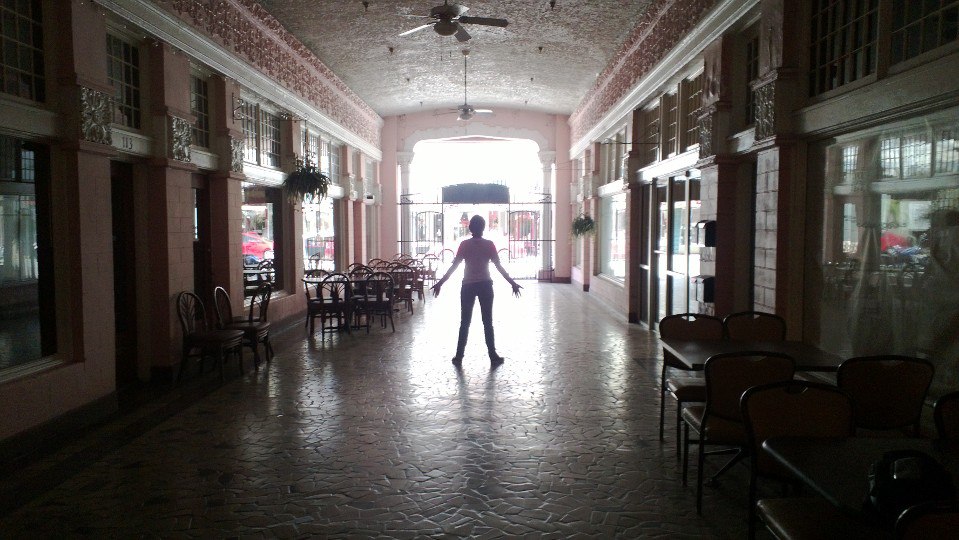If you would like to become more productive while at the same time having more free time for yourself, you need to etch the ratio 52:17 into your mind. According to an article in the BBC health Column, the ratio 52:17 represents the average time spent working and relaxing for top earning performing employees. That is, for every fifty-two minutes they spent working on the job, they had seventeen minutes of relaxation, self-care time. The article also outlines that the top ten percent of valuable performers at companies do not necessarily spend more time working than other low performing workers, instead they have periods of deep intensive work followed by short resting periods.
After reading this article I thought about work, productivity and more importantly effectiveness. I realized that there was a significant difference between all three. It felt like an epiphany. Living our lives in an industrialized culture, it is usually ingrained that hard work lasting for long hours was productivity, and the less sleep you got meant you were being a good producer. I have seen many people brag about how many long hours they worked and how little sleep they got. They took pride in their work ethic without paying much attention to the actual results of that work. Who could blame them? If they came in early to work, left late, and looked busy for the ten or twelve hours they were at work, they would most certainly be considered for a promotion, a raise, awards, or perhaps coveted privilege employee of the month parking spots. Not hating the game, just highlighting some players. However, large high volume producing companies like Google, Apple and Starbucks have already aimed to shift that old pods, fully equipped gyms, yoga classes and literally free lunches to staff? A happy worker is a productive worker. Simple deductive reasoning, but not everyone is on board just yet.
Unfortunately this specific article, completely contradicts the mindset behind that type of thinking. It said that most managers and supervisors could not even tell the difference between employees who worked 80 hours a week from those who just pretended to. It also cited one study done from the Illinois Institute of Technology which said that scientist who spent 25 hours in the workplace were no more productive than those who were in the workplace for just 5 hours. This showed that there was a clear distinction between work and productivity output. There is not a direct correlation between each of the two.
In the field of Psychology shouldn’t the concept of caring for our employees be greater emphasized? After all we are in the ‘taking care of people business’. If we are unable to extend care to ourselves and those around us, how on earth are we to offer those services to others in need? Can you teach others to fish without having a fishing rod (and not using the rod as a whip).
“Sometimes the most important thing in a whole day is the rest we take between two deep breaths. ” – Etty Hillesum
Reference:
http://www.bbc.com/capitalstory/20170613-why-you-should-manage-your-energy-not-your-time
Dianne Rapsey-Vanburen, MA
WKPIC Doctoral Intern

